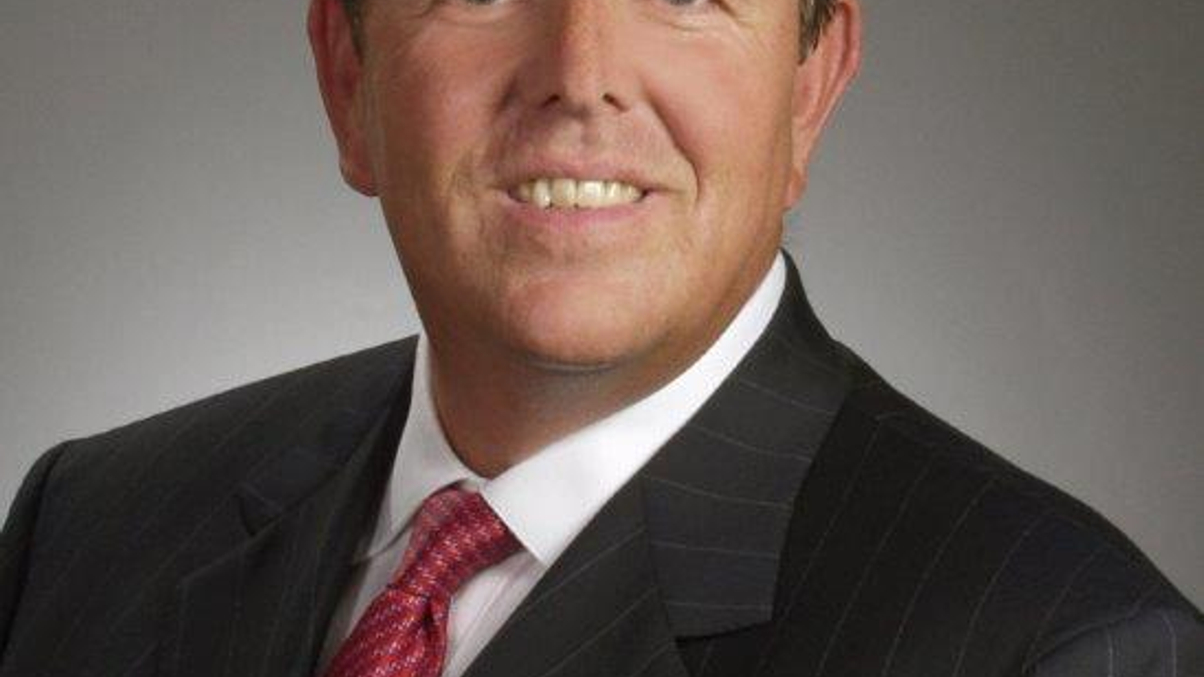Alts managers relaxed on rising compliance costs
This is despite a continuing tough environment for fundraising, fiercer competition and stricter due diligence by investors, finds a State Street/Preqin survey.

Alternative fund managers are confident that rising regulatory costs will not stifle growth as demand rises for the products they offer, according to a survey by State Street and data provider Preqin.
Sign in to read on!
Registered users get 2 free articles in 30 days.
Subscribers have full unlimited access to AsianInvestor
Not signed up? New users get 2 free articles per month, plus a 7-day unlimited free trial.
¬ Haymarket Media Limited. All rights reserved.


